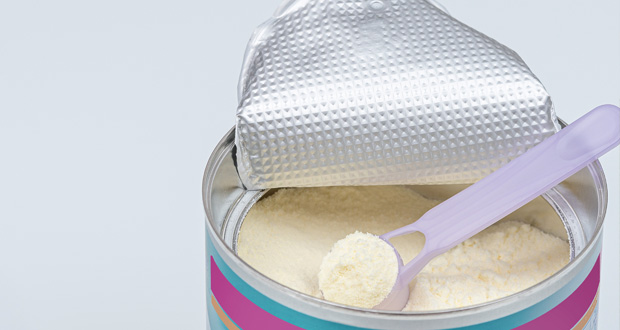Dai gou pronounced “die go” means “surrogate shopping” in Chinese. It refers to an informal kind of supply chain by which trusted individuals buy and/or transport quantities of selected goods to resell in China or elsewhere, and avoid commercial taxes in the source and receiving country. It was first associated with supplying luxury goods (such as fashion handbags) to China, but caught the news spotlight here in 2008 when huge stocks of Australian powdered baby milk formula were suddenly being exported to China after the scandal there over contaminated local supplies. More recently dai gou has supplied health supplements and cosmetics to China. International students (student daigous) have been able to supplement their scholarship incomes by acting as couriers of dai gou goods. But forces have combined to take the dai gou industry down. In January 2019 China introduced a new e-commerce law to regulate dai gou activity; and the 2020 pandemic has disrupted air traffic and delivery services, as well as the flow of international students from China. The bankruptcy of dai gou agencies accounts for an estimated 7,000 parcels gone missing, and the trust vested in dai gou is declining. As a form of smuggling and tax evasion, it must be guilty on both counts. And in an international field of operation, its informality becomes its ultimate liability.
Please login below to view content or subscribe now.
 Campus Review The latest in higher education news
Campus Review The latest in higher education news

